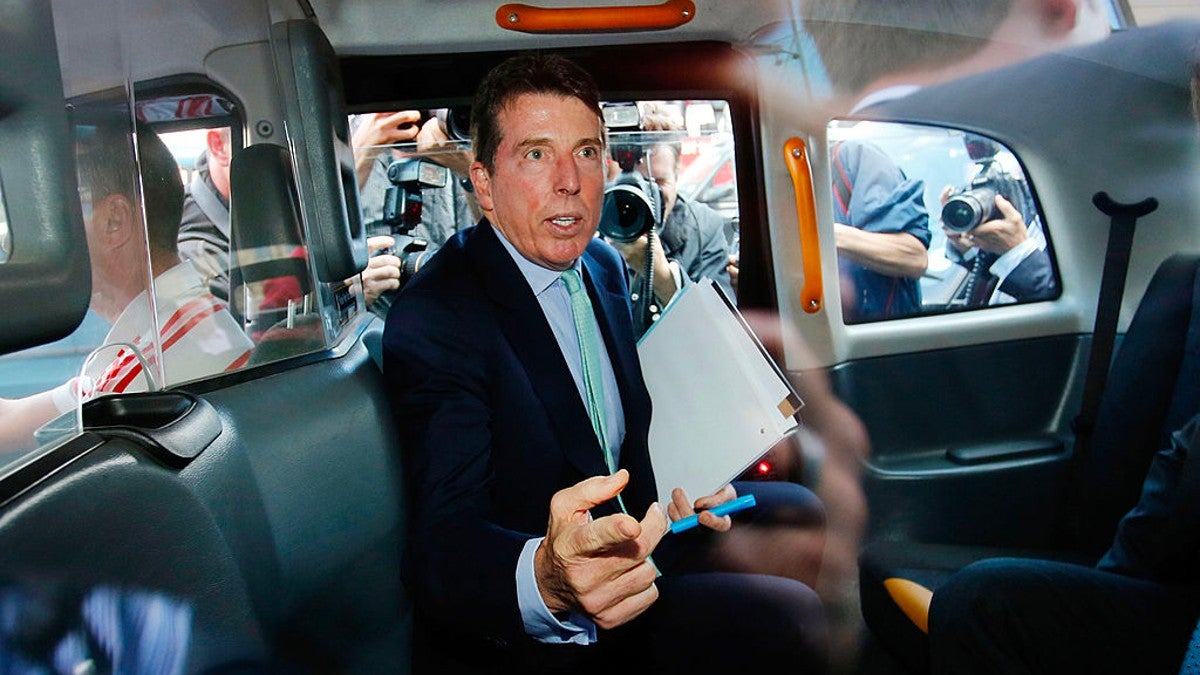
Prime minister Liz Truss today (20 October) stepped down following a series of cabinet resignations, economic flip-flops and market volatility. She has been in the job for just six weeks – setting a new record for the shortest serving British leader.
By contrast, the median time for a FTSE 100 boss to serve is around five years, according to PwC research from 2018. In the current political landscape that might sound like a long time, but it means British bosses change jobs at a faster rate than any other country apart from Brazil, Russia and India. The study also found that seven in 10 chiefs planned their departure, compared to just 20% who were forced out.
Turmoil also appears to be increasing in UK plc. In 2022, 19 chief executives have announced their departure, including Ben Van Beurden of Shell and Hargreaves Lansdown’s Chris Hill in what has been described as a “massacre” and “exodus”, but is likely to be a result of post-covid upheaval. Many had been in the role for several years.
However, those looking for direct comparisons with the short tenure of Truss have to look across the pond. US CEOs seem to receive far rockier rides. Alan Fishman spent just 17 days as CEO of Washington Mutual before the bank collapsed amid the mortgage crisis. Yahoo, HP and General Motors have all had CEOs with tenure measured in months, not years.
By those standards, leadership turnover in the UK business world looks positively sedate. But who holds the dubious honour of the briefest tenure as CEO in the FTSE 100? Excluding those who stepped down for health or personal reasons, here are some of the shortest-serving.
Sir Stuart Rose, Arcadia: 2 years
Rose is famed for his turnaround expertise, having steered several struggling companies to success. When he joined Arcadia in November 2000, the fashion retailer was loss-making. Just two years later Rose oversaw its sale to Philip Green for £855m, with the CEO personally taking home £25m from the deal.
Rose went on to be CEO of Marks & Spencer, subsequently seeing off a takeover attempt by Green. After six years in the role, he stood down but remained in retail, taking on non-executive roles at Ocado, Time Out Group and Asda.
Laxman Narasimhan, Reckitt Benckiser: 2 years
Narasimhan joined the consumer goods company in September 2019. He was brought in to turn around the fortunes of the group, which had experienced years of poor growth under its previous CEO, Rakesh Kapoor.
However, the Indian-American executive unexpectedly handed in his notice just 24 months later. It soon emerged he had been head-hunted by coffee giant Starbucks, where he will take over as chief executive in April 2023.
Dino Adriano, Sainsbury’s: 1 year, 10 months
Adriano, who passed away in 2018, spent 36 years at the supermarket before securing the top role. He became the first chief executive from outside the Sainsbury’s family in March 1998, amid the company’s attempt to retake the top grocery spot from Tesco.
An appearance on a BBC documentary where he worked on the shop floor alongside ordinary employees is thought to have hastened his downfall after he was perceived to be out of touch. Adriano stepped down less than two years later in early 2000.
John Flint, HSBC: 1 year, 6 months
Flint was described as a “safe pair of hands” for the global bank on his appointment in October 2017. But he served for only 18 months before stepping down in August 2019.
No reasons were given publicly for the surprise move, although there was speculation that he failed to act fast enough to turn around HSBC’s US business, among other failings.
Bob Diamond, Barclays: 1 year, 6 months
Barclays has quite a history of quick CEO turnovers: four have lasted less than three years since the 1990s. Aside from Michael O’Neill, who resigned for health reasons after two months, Diamond was the shortest-lived.
Appointed in January 2011, he was sacked from the top job after just 18 months over the bank’s involvement in the Libor-fixing scandal, which resulted in £290m in fines. However, many argued Diamond had very little involvement in the crisis.
Dave Jenkinson, Persimmon: 1 year, 4 months
Perhaps the FTSE 100’s briefest CEO in recent memory, Jenkinson announced he would step down from the York-based housebuilder after only 16 months. He had taken the job following a public backlash against his predecessor’s £75m bonus.
Jenkinson did not give a reason for stepping down, but Persimmon was on shaky financial footing following complaints over poor build quality and failure to install proper fire breaks in its homes.

Prime minister Liz Truss today (20 October) stepped down following a series of cabinet resignations, economic flip-flops and market volatility. She has been in the job for just six weeks - setting a new record for the shortest serving British leader.
By contrast, the median time for a FTSE 100 boss to serve is around five years, according to PwC research from 2018. In the current political landscape that might sound like a long time, but it means British bosses change jobs at a faster rate than any other country apart from Brazil, Russia and India. The study also found that seven in 10 chiefs planned their departure, compared to just 20% who were forced out.
Turmoil also appears to be increasing in UK plc. In 2022, 19 chief executives have announced their departure, including Ben Van Beurden of Shell and Hargreaves Lansdown's Chris Hill in what has been described as a "massacre" and "exodus", but is likely to be a result of post-covid upheaval. Many had been in the role for several years.





